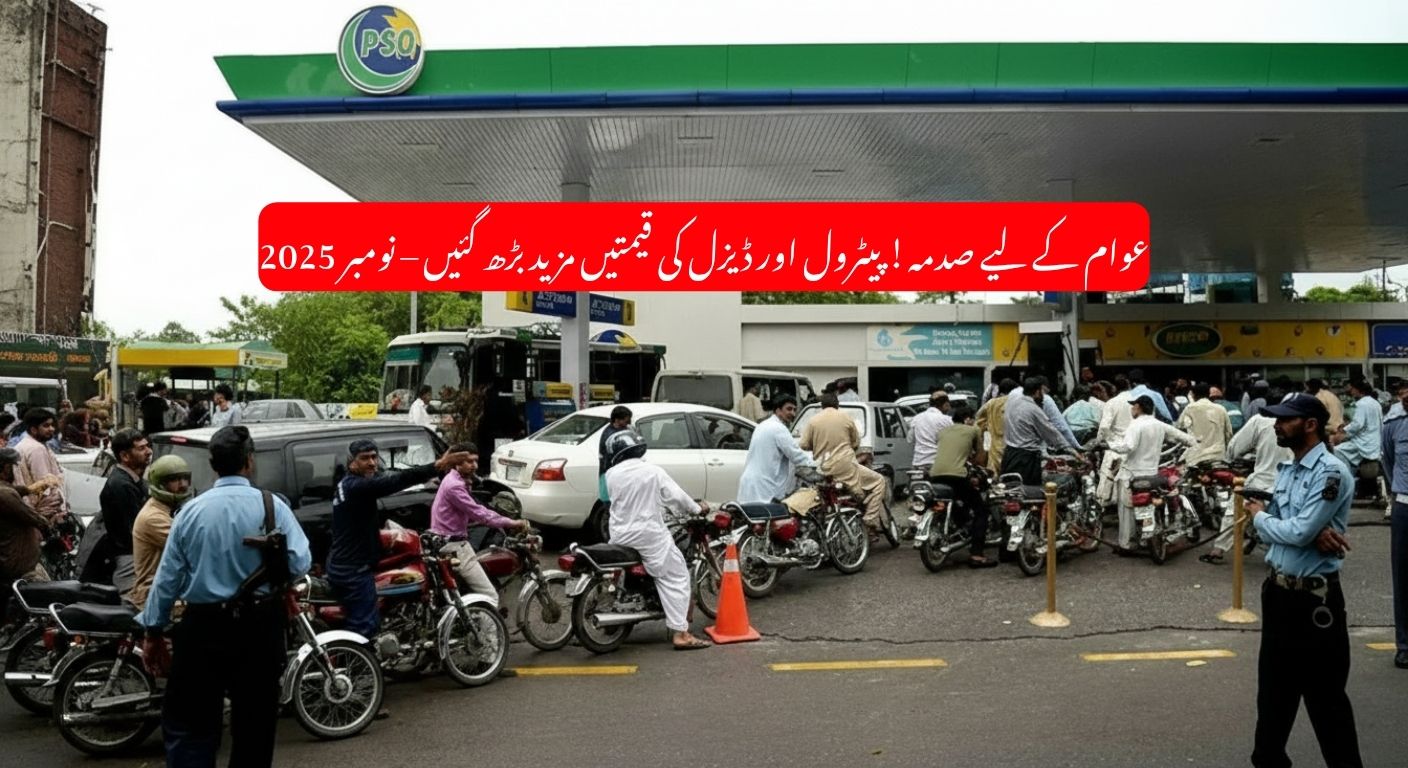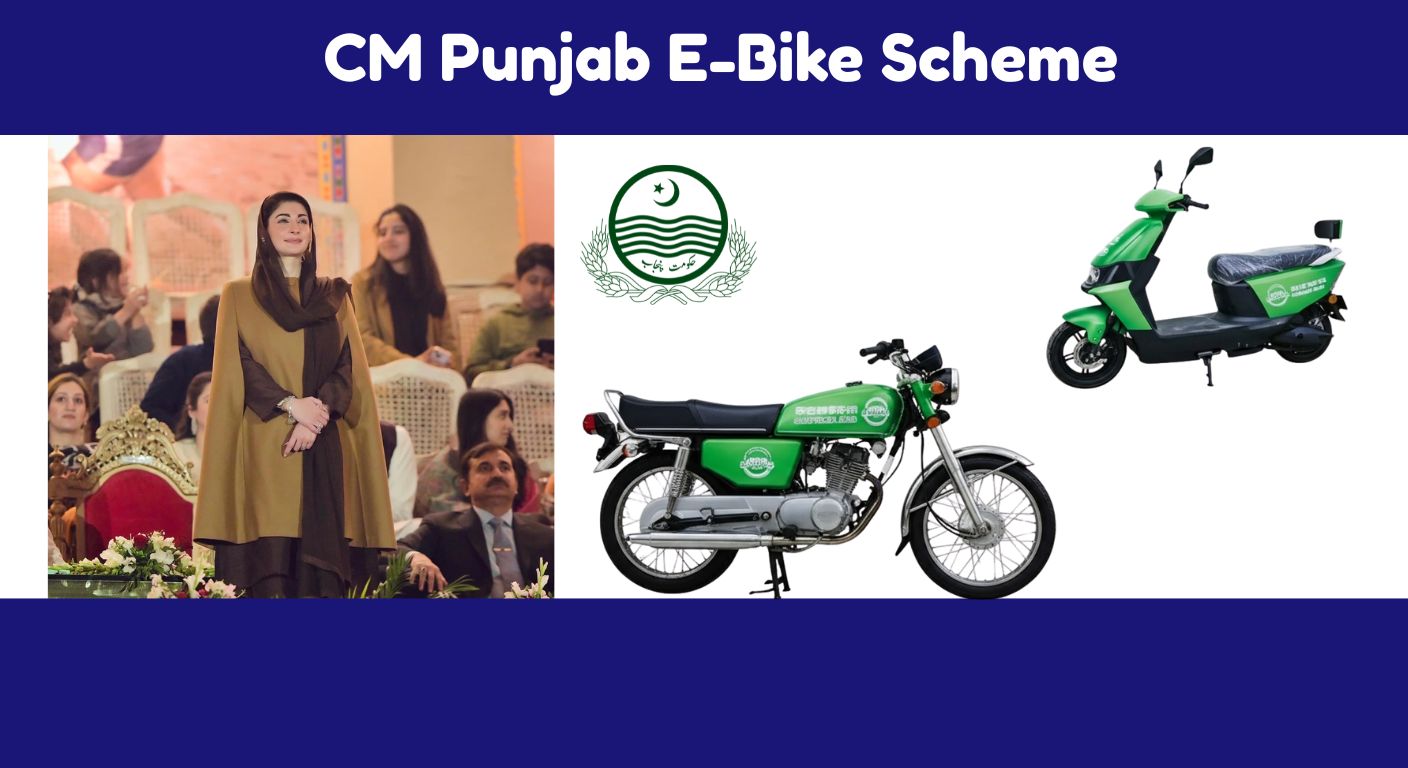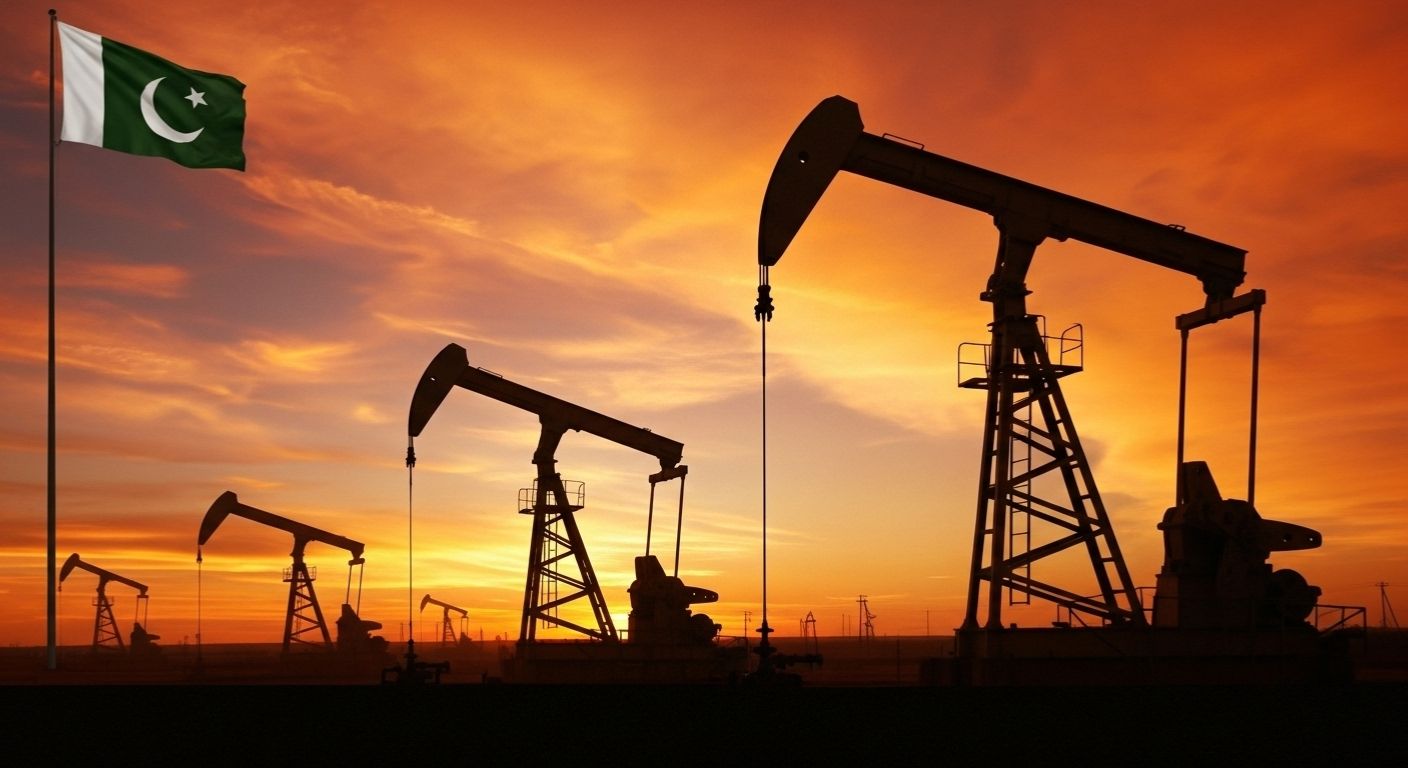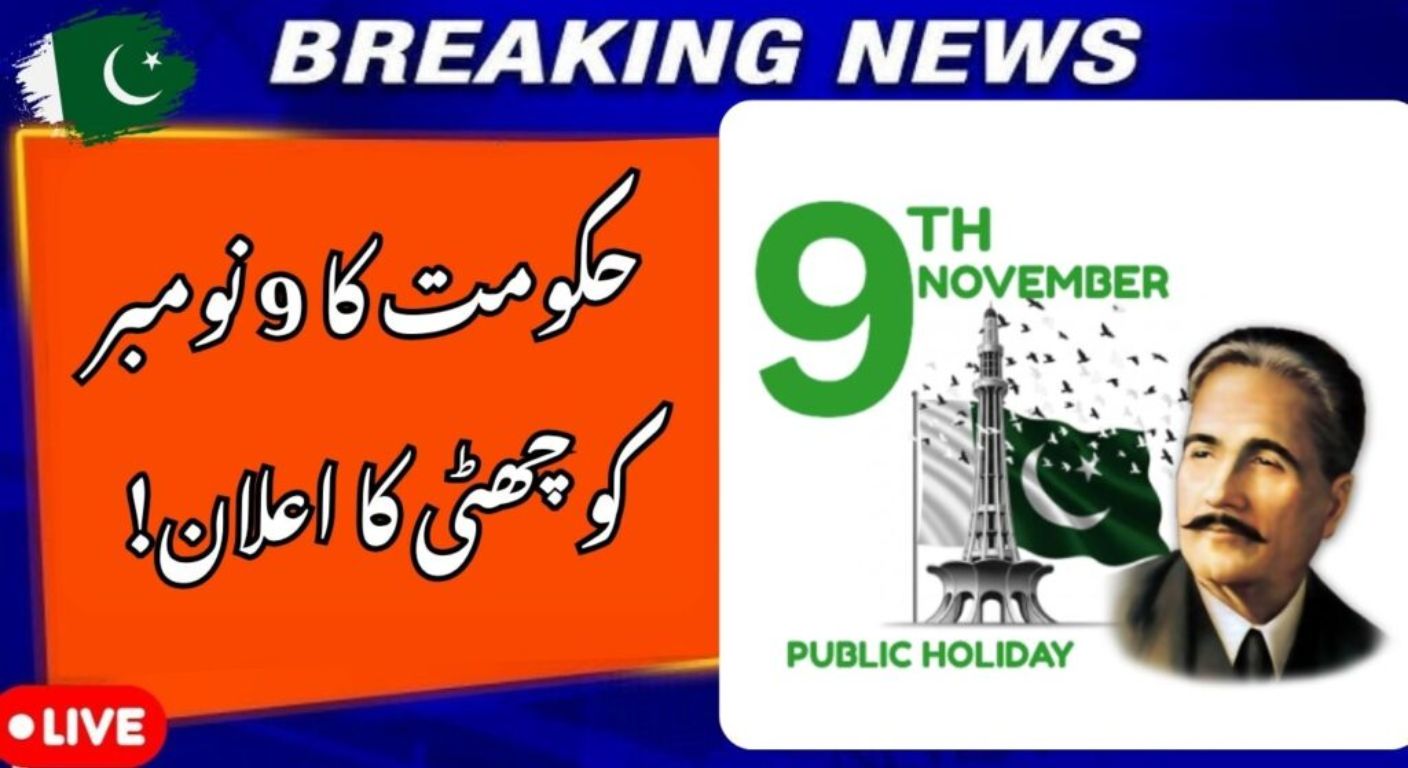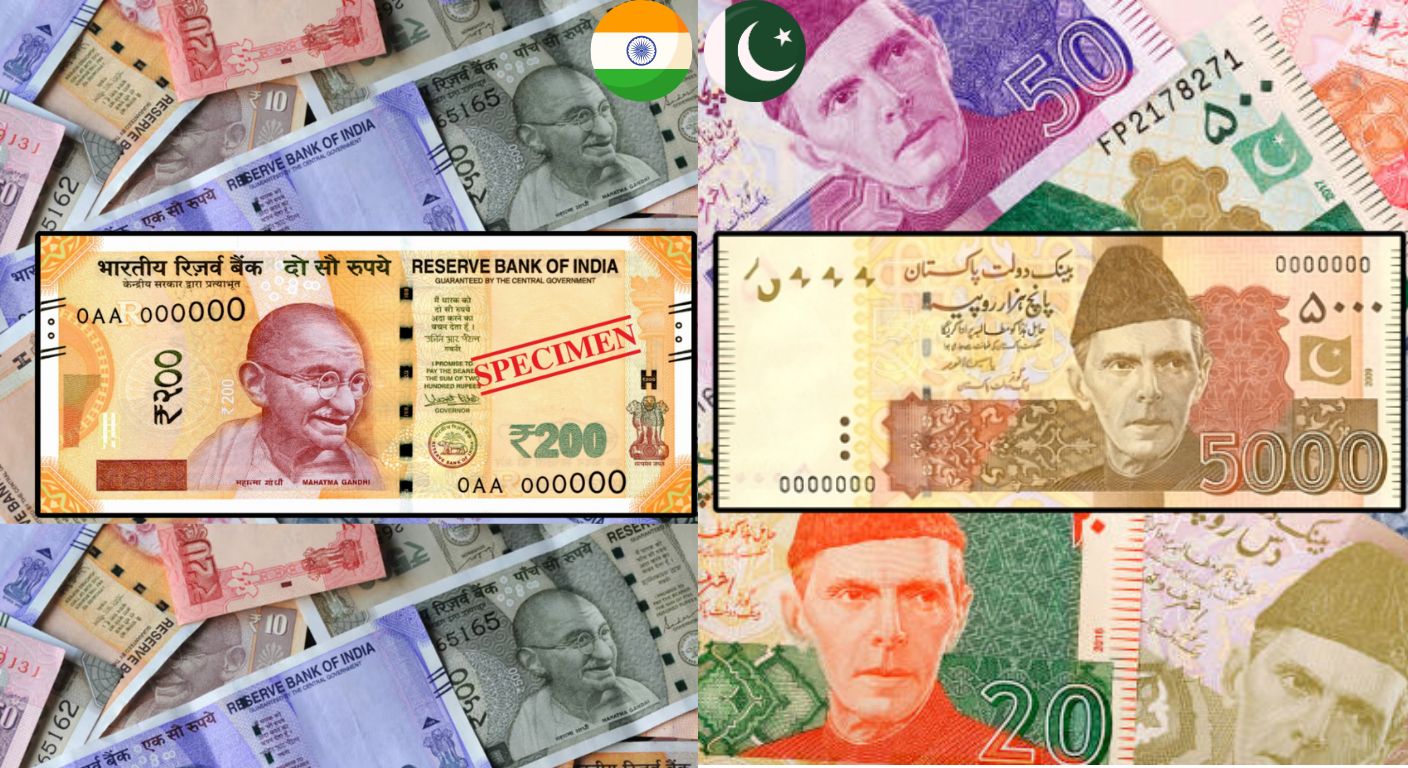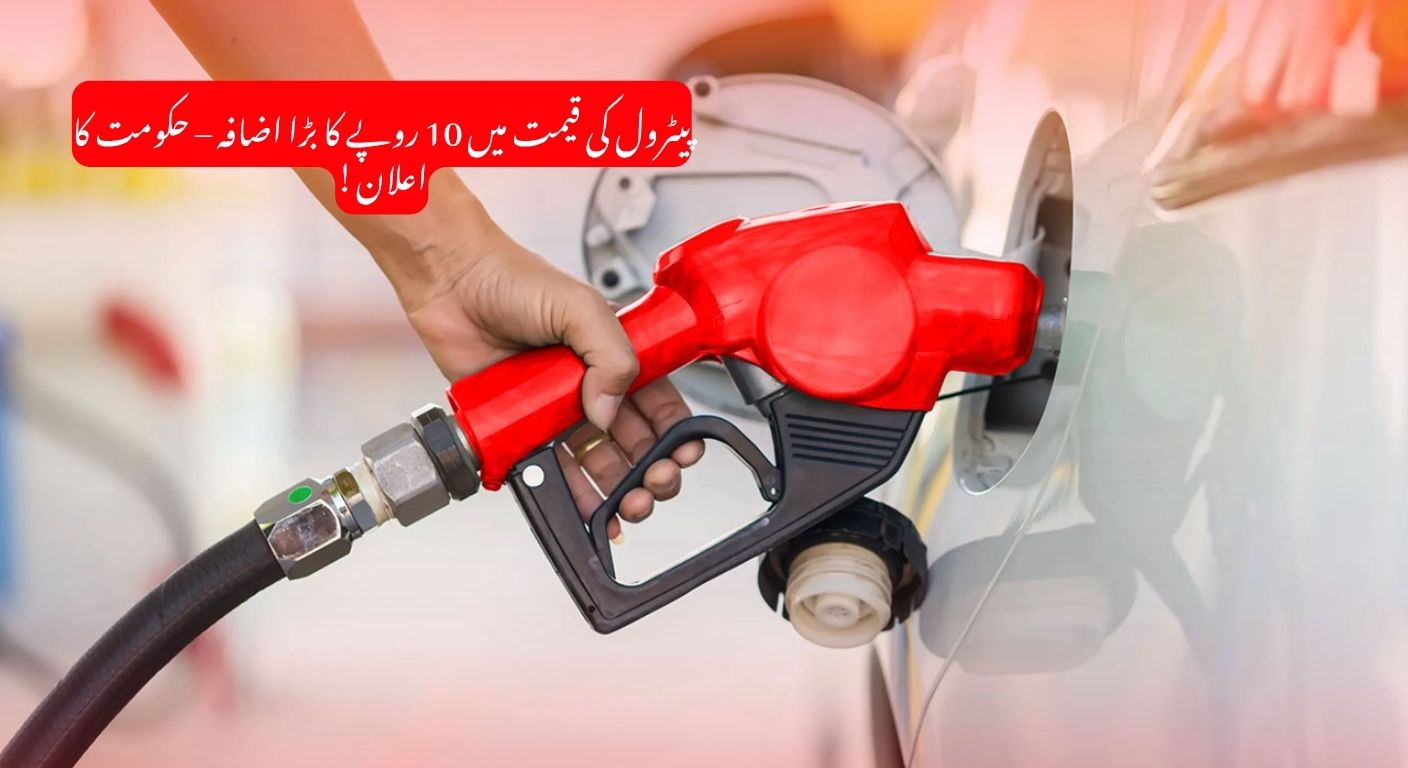In Pakistan, fuel prices might look stable this month, but the real cost comes from taxes included in petrol and diesel. Even though the government did not change the retail prices, a large portion of every litre you buy goes to taxes. This adds extra pressure on household budgets, especially as inflation remains high.
Current Fuel Prices
As of November 2025:
- Petrol (Super): Rs. 265.45 per litre
- High-Speed Diesel (HSD): Rs. 278.44 per litre
At first glance, prices seem steady. However, nearly Rs. 95 per litre of these costs are taxes. That means almost one-third of the total fuel price is taken by the government.
Breakdown of Taxes
Here’s how taxes are applied on fuel:
| Fuel Type | Customs Duty (Rs/litre) | Petroleum Levy (Rs/litre) | Climate Support Levy (Rs/litre) | Total Taxes (Rs/litre) |
|---|---|---|---|---|
| Petrol | 15.00 | 78.02 | 2.50 | 95.52 |
| Diesel | 15.84 | 77.01 | 2.50 | 95.35 |
This shows that for every litre of petrol, Rs. 95.52 goes directly to government revenue. Diesel is almost the same.
Analysts warn that even if international oil prices are stable, high domestic taxes keep fuel expensive, which increases costs for transport, food, and industry.
Global Oil Prices Update
International oil prices dropped slightly this week:
- Brent Crude: $64.56 per barrel (down $0.60, 0.9%)
- US WTI Crude: $60.42 per barrel (down $0.62, 1%)
The small decrease happened due to higher oil production by major exporters and slow recovery in global demand.
Impact on Pakistan’s Economy
Even though lower global prices could help, Pakistani consumers are not seeing relief at fuel stations. Key reasons include:
- High petroleum levies and customs duties
- Weak Pakistani rupee making imports expensive
- Increased transport and refining costs
- Debt payments and energy subsidies
These factors make Pakistan’s fuel taxes among the highest in the region.
Government’s View
The government defends these taxes. Officials say the levies help fund:
- National budget programs
- Infrastructure projects
- Renewable energy and climate initiatives (Rs. 2.50 per litre “Climate Support Levy”)
The Ministry of Finance adds that adjustments to fuel taxes will be made carefully, depending on global oil prices and the country’s financial needs.
Why Fuel Prices Remain High
Even if global crude oil becomes cheaper, fuel prices in Pakistan remain high because:
- Heavy petroleum levies and customs duties
- Exchange rate pressure making imports costlier
- Added transportation and refining costs
- Energy debt and subsidies
Conclusion
The November 2025 update shows that while petrol and diesel prices appear stable, hidden taxes make fuel expensive. Nearly Rs. 95 per litre goes to taxes, increasing the real cost for consumers.
Until taxes are reduced or global oil prices drop sharply, public relief at fuel stations remains unlikely, keeping petrol and diesel among Pakistan’s most expensive daily essentials.
